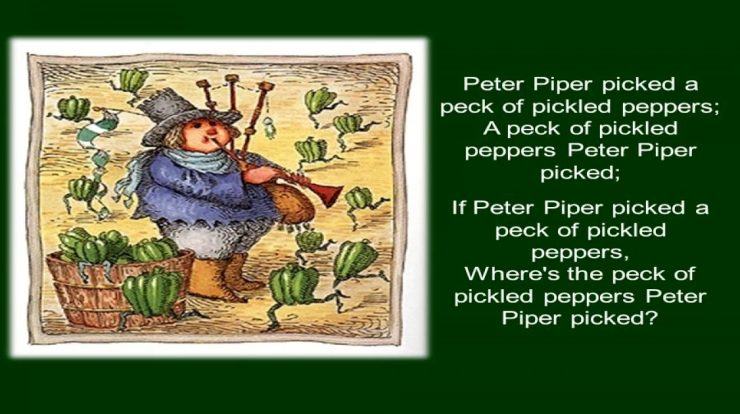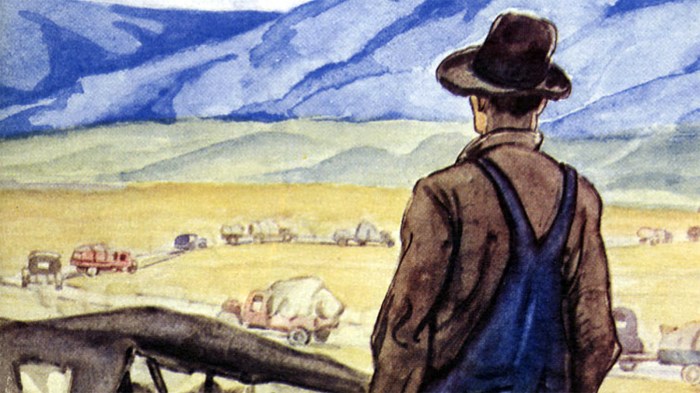The definition of foretelling and forthtelling sets the stage for this enthralling narrative, offering readers a glimpse into a story that is rich in detail and brimming with originality from the outset. These two terms, often intertwined yet distinct, play a pivotal role in shaping our understanding of time, communication, and the human experience.
Foretelling, rooted in the Latin word “praedicere,” refers to the act of predicting or declaring something that is yet to come. It encompasses prophecies, divinations, and other forms of anticipatory knowledge. Forthtelling, on the other hand, stems from the Old English word “forthtellan” and denotes the act of speaking or narrating something that has already occurred.
It involves recounting events, sharing stories, and preserving historical accounts.
Definitions of Foretelling and Forthtelling

Foretelling and forthtelling are two distinct yet interconnected concepts that have played significant roles in human communication, literature, and culture. Foretelling refers to the act of predicting or prophesizing future events, while forthtelling encompasses the act of communicating or narrating past or present events.
Etymologically, foretelling originates from the Old English word “foretellan,” meaning “to tell beforehand,” while forthtelling derives from the Middle English word “forthtellen,” meaning “to tell forth or onward.” Both terms have been used throughout history to convey information about events that either have not yet occurred or have already transpired.
While both foretelling and forthtelling involve the communication of information, there are subtle differences in their meanings and applications. Foretelling implies a sense of anticipation and uncertainty, as it deals with events that have yet to unfold. Forthtelling, on the other hand, suggests a sense of certainty and clarity, as it focuses on events that have already happened or are currently happening.
Applications and Usage, Definition of foretelling and forthtelling
Foretelling has been used in various contexts throughout history, particularly in prophecy and divination. Ancient oracles and seers were believed to possess the ability to foretell future events, often through the interpretation of dreams, omens, or celestial bodies. In modern times, foretelling is often associated with fortune-telling and astrology, although its scientific validity is widely disputed.
Forthtelling, on the other hand, is employed in a wide range of communication and storytelling scenarios. It is used to convey information about past or present events, whether through oral storytelling, written narratives, or historical accounts. Forthtelling plays a crucial role in preserving cultural heritage, sharing knowledge, and entertaining audiences.
Throughout history, there have been numerous famous foretellings and forthtellings. The prophecies of Nostradamus, for example, have been widely discussed and interpreted for centuries. Similarly, the forthtelling of historical events by chroniclers and historians has shaped our understanding of the past and provided valuable insights into the human experience.
Literary Devices
Foretelling and forthtelling are powerful literary devices that can enhance the impact and effectiveness of storytelling. Foretelling can create suspense, foreshadowing, and a sense of anticipation, as readers are left wondering what will happen next. Forthtelling, on the other hand, can provide context, establish setting, and develop characters, as readers gain insights into past events and motivations.
Many literary works have effectively utilized foretelling and forthtelling to create compelling and engaging narratives. Shakespeare’s plays, for example, often include prophecies and foreshadowing that hint at future events and add depth to the plot. In contrast, historical novels and memoirs employ forthtelling to provide detailed accounts of past events and characters.
Cultural Significance
Foretelling and forthtelling have significant cultural implications in different societies around the world. In many cultures, foretelling is associated with religious beliefs and spiritual practices, as it is seen as a way of communicating with the divine or accessing knowledge of the future.
Forthtelling, on the other hand, plays a vital role in preserving cultural traditions, passing down knowledge from generation to generation, and shaping cultural identities.
In some cultures, foretelling is used to make important decisions, such as choosing a marriage partner or selecting a new leader. Forthtelling, in turn, is used to document historical events, share cultural values, and provide moral guidance. Both foretelling and forthtelling have the power to shape cultural narratives and influence the way people think about the past, present, and future.
Psychological and Philosophical Perspectives
Foretelling and forthtelling have profound psychological and philosophical implications. Foretelling can influence human cognition and decision-making, as people may be tempted to base their actions on predictions about the future. Forthtelling, on the other hand, can shape our perception of time and our understanding of our own place in history.
Philosophers and psychologists have explored the ethical and existential questions raised by foretelling and forthtelling. Some argue that foretelling can be dangerous, as it may lead to self-fulfilling prophecies or a sense of fatalism. Others contend that foretelling can be beneficial, as it can help us prepare for the future and make informed decisions.
FAQ Overview: Definition Of Foretelling And Forthtelling
What is the key difference between foretelling and forthtelling?
Foretelling involves predicting or declaring something that is yet to come, while forthtelling refers to speaking or narrating something that has already occurred.
How is foretelling used in various contexts?
Foretelling is employed in prophecy, divination, and other forms of anticipatory knowledge.
What role do foretelling and forthtelling play in literature?
Foretelling and forthtelling are literary devices that create suspense, foreshadowing, and character development.





